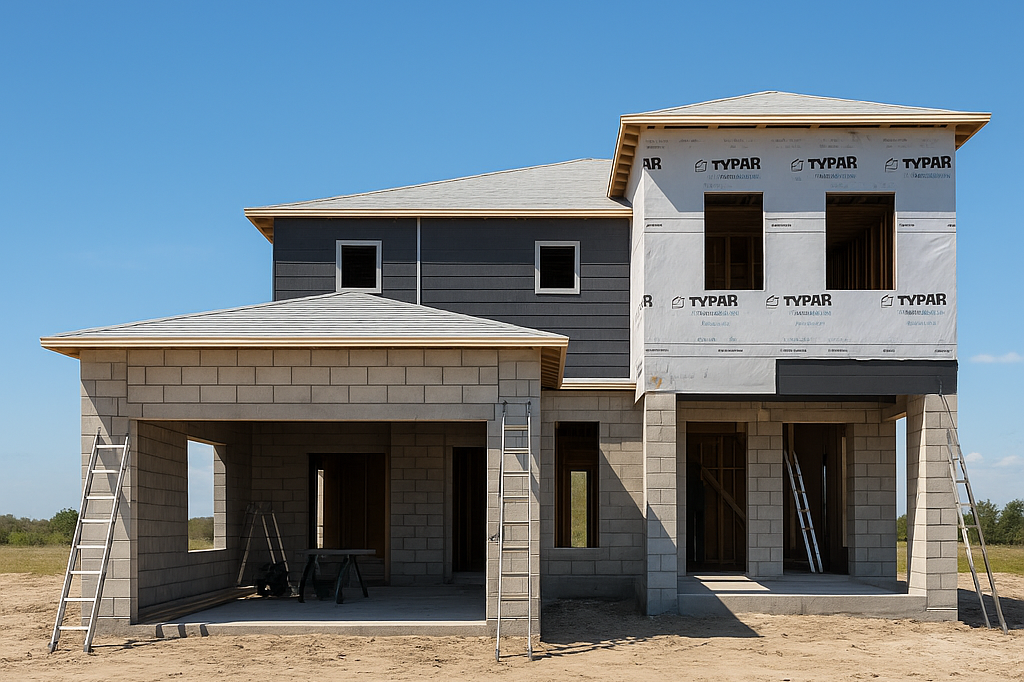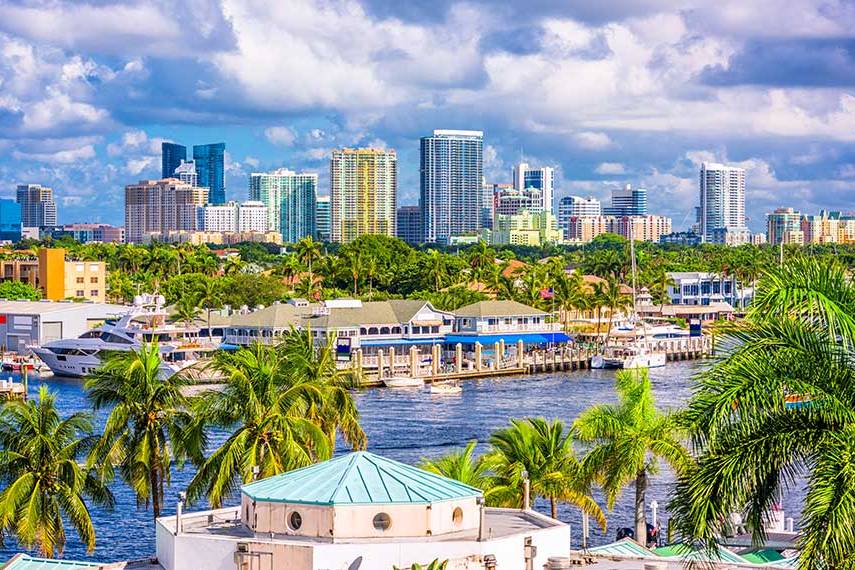Recent researchshows that more and more Americans andare worried about a possible recession. These concerns were validated when the Federal Reserve met and confirmed that it was strongly committed to reducing inflation. And to that end, would use their tools and influence to slow down the economy.
All of this brings up many fears and questions about how it might affect our lives, our jobs and business in general.
And one concern that many Americans have is:
how will this affect the real estate market?
We know how economic slowdowns have affected house prices in the past, but how might this next slowdown affect real estate and the cost of financing a house?
In agreement with mortgage specialists (real estate financing):
"Throughout history, during a recessionary period, interest rates rise at the beginning of the recession. But to get out of a recession, interest rates are lowered to stimulate the economy to move forward."
Here's the data to back it up. If you look back at each recession until the early 1980s (the last 30 years of history)Here's what happened to mortgage rates during those periods (see the graph below):
Financing Rates and the American Recessions

As the graph shows, historically, every time the economy slowed down, mortgage rates fell. Fortune.com help explain the trend as follows:
"In the last five recessions, mortgage rates have fallen by an average of 1.8 percentage points from the peak seen during the recession to the trough. And in many cases, they have continued to fall after the fact, as it takes some time to turn things around, even when the recession is technically over."
And although history doesn't always repeat itself, we can learn from it. We understand that an economic slowdown needs to happen to help reduce inflation, but it hasn't always been a bad thing for the real estate market. It usually means that the cost of financing a house has fallen, and that's a good thing.
In addition, we need to analyze that the impact of the recession is not uniform in all geographies, today for example Orlando continues to have a very small inventory of homes for sale, although it has increased to almost two months it is far below the 6 months of inventory of homes for sale considered a market equilibrium point and still exaggeratedly below the peak of the last great recession which was 24 months.
Our understanding is that Orlando will be very little affected by this interest rate hike, just a slight market accommodation.
[mpc_alert font_color="#ffffff" background_color="#2eabbf" padding_divider="true" padding_css="padding-left:20px;"]See an article with more arguments: The one thing every investor needs to know about the recession and the real estate market[/mpc_alert][mpc_icon_column title_font_color="#e4246c" title="Summary" title_margin_css="margin:5px;" mpc_icon__mpc_tooltip__border_divider="true" mpc_icon__mpc_tooltip__padding_divider="true"]Concerns about a recession are growing. As the economy slows, history tells us that this would likely mean lower mortgage rates for those looking to refinance or buy a home. While no one knows exactly what the future holds, you can make the right decision for you by working with a trusted real estate professional to get expert advice on what's happening in the housing market and what it means for your ownership goals.[/mpc_icon_column]
Any doubts?
Now that you know how interest rates behaved before and after a recession in the United States, you can consider investing in vacation homes in Orlando. To make the most of all the tips we've given you and go even deeper, you can talk directly to our relationship agents. They are always happy to talk to you to answer any questions you may have about investing in Florida.
In this article, we've covered the topic of the behavior of the real estate market during recessions because it's interesting for those looking to invest in Florida. If you would like to read more content like the one in this article, just stay tuned to our blog.
[mpc_button url="url:httpwww2.thefloridalounge.com%2Relationshipagents||" font_color="#ffffff" title="Invest in real estate in Florida"]
Did you like the article? Keep an eye on our blog! Looking to live or invest in real estate in Florida? Check out the list of houses for sale in Florida that we've selected for you!
|
Getting your Trinity Audio player ready...
|
Leo Martins
My role is to create an environment for people to connect with Real Estate in Florida



